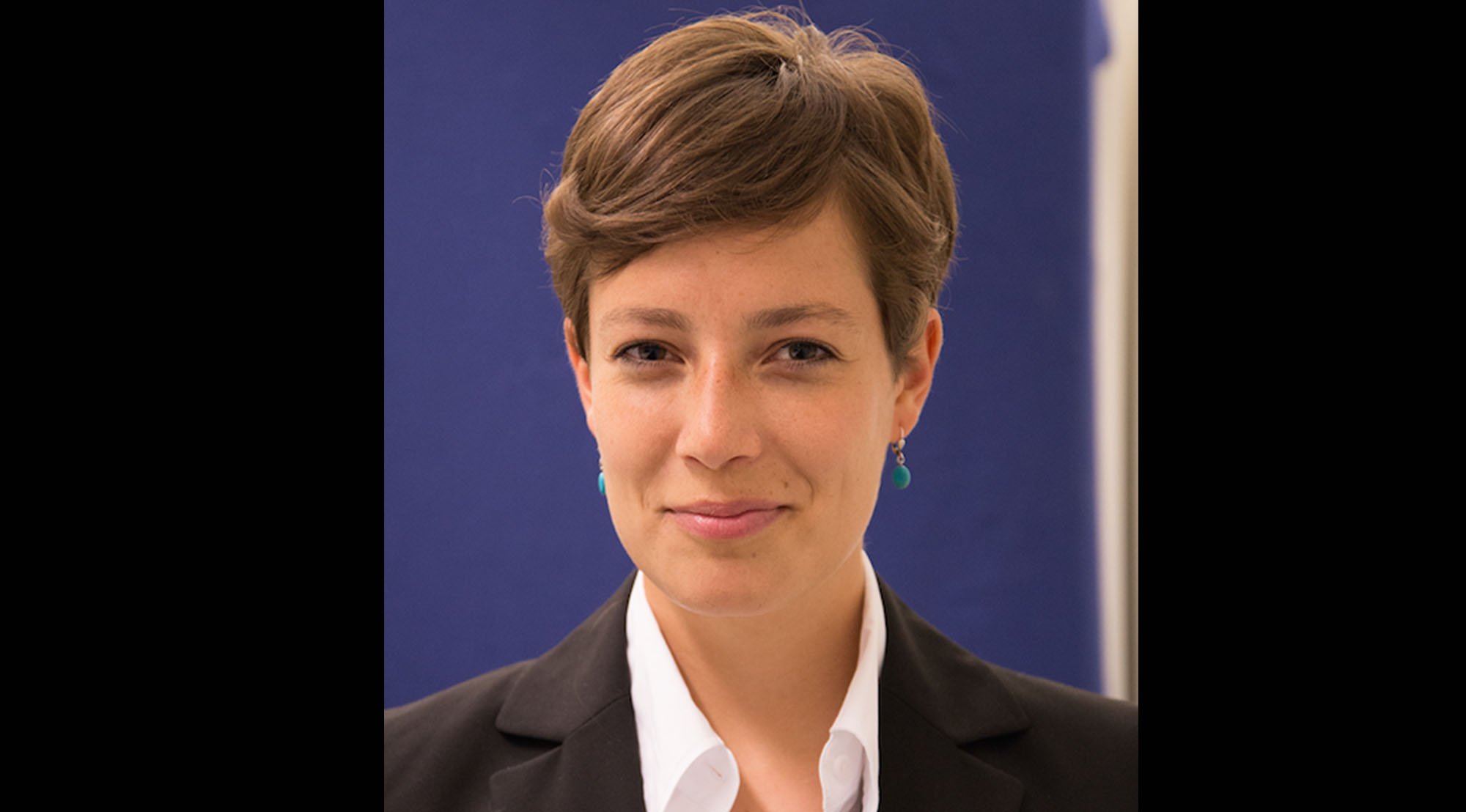Culture and Religion in Mediation Program (CARIM)
swisspeace continuing education: “Religion and Conflict”
ETH Course: “Religion and Mediation”
Switzerland’s handling of religious conflicts: A publication by Jean-Nicolas Bitter and Angela Ullmann (in German)
Religion and Conflict in Swiss Peace Policy: Publication by Angela Ullmann (in German)
Mediation Perspectives: Training Secular Diplomats on the Religion-Peacebuilding Nexus by Angela Ullmann
Mediation Perspectives: What Monsters Can Teach us about Religion and Conflict by Angela Ullmann
Recent studies at the University of Uppsala in Sweden have shown that armed conflicts where religion is a factor in the mindsets and the demands of conflicting parties have been on the rise since 1975. Angela Ullmann is a senior program office at the Center for Security Studies (CSS) at ETH Zürich. She asks whether traditional means of conflict transformation and peacebuilding in those conflicts with a religious dimension are less effective than in other forms of armed conflict. The trained mediator is working on various projects within the “Culture and Religion in Mediation” (CARIM) program, a joint initiative of FDFA and CSS, and has many years of experience in training diplomats and mediators in the area of conflict with religious dimensions. She is a co-organizer of the annual “Religion and Mediation” course at ETH and is involved in the swisspeace continuing education “Religion & Conflict”.
According to Ullmann, when handling conflicts based on religion, certain factors need to be taken into account. “It’s seldom possible to negotiate on deeply-held religious or secular convictions in conflicts, as a compromise can involve sacrificing values. On the practical level of living with these values, however, common solutions can be found to enable peaceful co-existence”, according to Ullmann. In this regard, Switzerland takes a pioneering role: as long ago as 2004, Switzerland had been focusing on religion and conflict within the framework of its peacebuilding commitments. For Angela Ullmann, the basis of the Swiss commitment is the Swiss political culture, which is characterized by its own experience in dealing with religious conflict: “Instead of ideological differences and debates on values between Catholics and Protestants after the Sonderbund War, Switzerland focused on the development of practical aspects of co-existence on a local level.” The federal structure of the country and the principle of subsidiarity have also contributed to the fact that there has been an institutionalized search for local and individual solutions. “A feature of the Swiss political culture is to strive for a pragmatic consensus on all sides. Historically, Switzerland developed the understanding that there can be no over-arching solutions to differing conflicts of religious coexistence.”
The result of this political culture is an approach which does not seek to evaluate religious worldviews but includes all the relevant actors. Furthermore, it recognizes that the role of religion should neither be under- nor over-estimated. The Swiss approach tries to build a dialog between both parties on a practical co-existence level. Case studies from Thailand, North Africa and the Middle East show that the Swiss approach can bear fruit. The challenges of conflicts with a religious dimension should not be under-estimated, however: “A religion-neutral approach does not require indifference to values on the part of the peace practitioner, but rather that the various religious or secular worldviews of the conflict parties are not judged, but respected as part of each party’s everyday real world. This requires a certain amount of self-reflection.”
In order to meet this challenge, relevant training and further training is important for practitioners. “Religion is a daily reality for the majority of the world population, and if diplomats want to move in this world, they need a basic understanding of religious affairs,” says Ullmann. Although there is much more to be done in this area, Angela Ullmann is confident. She is convinced that Switzerland is on the right path when it comes to the (continuous) education of practitioners. Basically, the expert encourages people to be open: “You don’t have to be religious yourself to be able to deal with religion. We all have our world view, whether it is religious, secular, humanist or something else. You can achieve a lot with a sense of curiosity and an inner acceptance that people see and understand the world differently, regardless of whether you can relate to these values or not.”


